Are you interested in eating a vegan diet or more vegetarian meals? Or perhaps are you just curious about what vegan and vegetarian means and what these diets encompass? Well, whatever your reason, you’re here now and we’ll give you a brief rundown of the different types of vegans and vegetarians that exist, reasons for making these switches, and how you can do so while ensuring you’re meeting your nutritional needs!
First of all, what is a vegan diet?
Vegan refers to a lifestyle free of animal products. It eliminates all animal foods such as meat, milk, eggs, cheese, fish and honey. Because it is also a lifestyle, some vegans like to remove wool and leather (which are also derived from animals) from their wardrobe, as well as animal-derived cosmetics and household products.
There are many different types of vegans and vegan diets, these include:
- Dietary Vegans: vegans who avoid animal products in their diets, but continue to use them in other products such as clothing and cosmetics.
- Whole- Food Vegans: diets that consist mostly of whole/ natural foods such as fruits, vegetables, whole grains, legumes, nuts and seeds, and eat little to no processed foods.
- Junk- food vegans: rely heavily on processed foods such as vegan mock meats, frozen dinners, and foods that tend to be higher in sodium and saturated fat (such as french fries, oreos and non- dairy ice cream).
- Raw- food vegans: consume foods only in their raw form (nothing is cooked!)
- Low fat, high carb vegans: avoid high fat foods such as olive oil, vegetable oil, nuts, avocados and coconuts and rely mostly on fruits, vegetables and grains.
Some of these diets, such as “raw food” and “low fat” are very restrictive and may miss out on some important nutrients found in a large variety of plant foods. There is no supporting evidence to show that these diets are beneficial long term, therefore we would not recommend these diets. As well as junk- food vegans, and you can guess why!
How Healthy is a Vegan Diet?
A typical vegan diet is just like any other, with a few substitutions to meet certain nutritional requirements!
- Protein: Good sources include beans of all varieties, chickpeas and legumes. 1 cup of cooked lentils contains about 18g, while beans and chickpeas provide 15g per cooked cup and are also excellent sources of fiber, iron, and folate.
- Calcium: Almond, pea, flaxseed milks are usually fortified with calcium and can actually contain more calcium than cow’s milk! (560mg vs 425mg). Other great sources include nuts. Almonds are packed full: containing about 97mg per 1/4cup.
- Vitamin D: Mushrooms are a Vitamin D powerhouse. Just 100g of cooked shiitake mushrooms can contain 13% of the daily recommended value, and this value can skyrocket if mushrooms are left out in the sun to absorb Vitamin D. Fortified orange juice and tofu are also great sources.
- Omega 3 Fatty Acids: One ounce (28g) of chia seeds, hemp seeds, and flaxseeds provide 4 to 5 times the daily recommended intake of Omega 3-fatty acids! They also provide fiber, protein, magnesium and manganese! Algae (plants grown in the ocean) also offer good sources of Omega 3s. They can be taken in the form of a supplement to meet your requirements easily.
- Vitamin B12: Can be met by eating nutritional yeast, enriched cereals, and meat alternatives fortified with B12. You can also take a supplement to meet your needs.

Now.. How is a Vegan Diet Different than a Vegetarian Diet?
What’s vegetarian?
Well there’s many different types of vegetarians. A simple vegetarian is someone who removes meat from their diet. They choose not to eat beef, chicken, pork, fish, basically anything that is an animal. Other kinds of vegetarians eliminate or keep certain animal products such as eggs and dairy.
Here are the different kinds of vegetarian diets that exist:
- Lacto- ovo Vegetarian: the latin name given for a “typical vegetarian” (eats eggs and dairy products, but avoids chicken, fish, red meat and other animals).
- Lacto- Vegetarian: Consumes milk and dairy products, but does not consume eggs!
- Ovo- Vegetarian: Consumes eggs but does not dairy or other animal products!
- Pescatarian: do not consume any other meat but eat fish and fish products. They may also consume dairy or eggs. Most people begin with a pescatarian diet to ease themselves into a diet that eliminates animal products.
Why Choose a Vegan or Vegetarian Diet?
After looking at the different kinds of vegan and vegetarian diets that exist, you may be wondering, why would someone choose to eliminate such foods? Surprisingly, there are many reasons people choose to do so!
1. For the environment:

The livestock sector in the agriculture business is currently one of the biggest contributors to human-induced greenhouse gas emissions. In 2010 alone, 8.1 gigatonnes of carbon dioxide were produced from livestock farming. Other gases, such as Methane and Nitrous Oxide have a much greater global warming effect than carbon dioxide. Methane is 28-36 times more potent, and Nitrous oxide is almost 300 times more damaging! Unfortunately, these gases make up about 50% of the total emissions produced by the livestock sector. (FAO)
Beef and dairy cattle are the main contributors of the sector’s emissions, producing about 5.0 gigatonnes of carbon dioxide.
Half of the world’s habitable land goes towards agriculture and 77% of this land is used solely for the purpose of raising cattle. Although a majority is used to produce meat and dairy, this food accounts for only 18% of the total calories consumed around the world and 37% of total protein that is consumed.
2. For your Health:

Following a vegetarian diet has been associated with a lower risk of death from health disease. (AND)
Long term studies have shown that diets high in red and processed meats are associated with increased risk of developing type-2 diabetes, cardiovascular disease, cancer and all cause mortality. (ADA)
Vegetarian diets have shown to be effective in lowering LDL- cholesterol (aka “bad” cholesterol) (AND).
Following a vegetarian diet, along with other weight-management components such as exercise, has shown to be effective in short term and long term (more than one year) weight reduction.
* As with any diet, it is best to consult with a dietitian and become informed before making changes. Doing so will help prevent nutrient deficiencies and/or other health problems from following a poorly managed diet.
3. For Ethical Reasons:
Simply to help protect animals! Advocates for animals, such as the Humane Society, have pointed out the poor conditions that animals are kept in; such as cramped spaces, and push for more humane conditions.
Interested in adding more plant-based meals to your diet?
Well here we’ve collected some of our best vegetarian and vegan meals that are both delicious and easy to make!
Vegetarian and Vegan Breakfast Ideas:
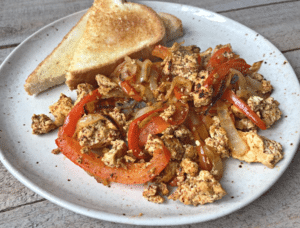
Tofu Scramble (Vegan)

Acorn Squash Nests (Ovo-vegetarian)
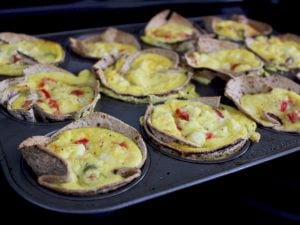
Muffin Tin Eggs (Lacto-ovo-vegetarian)
Lunch Inspiration for Vegan and Vegetarian Diets:
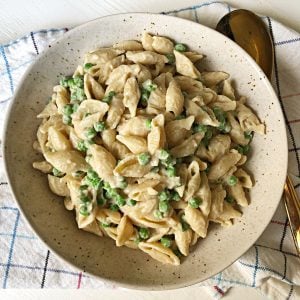
Mac and Cheese (Vegan)
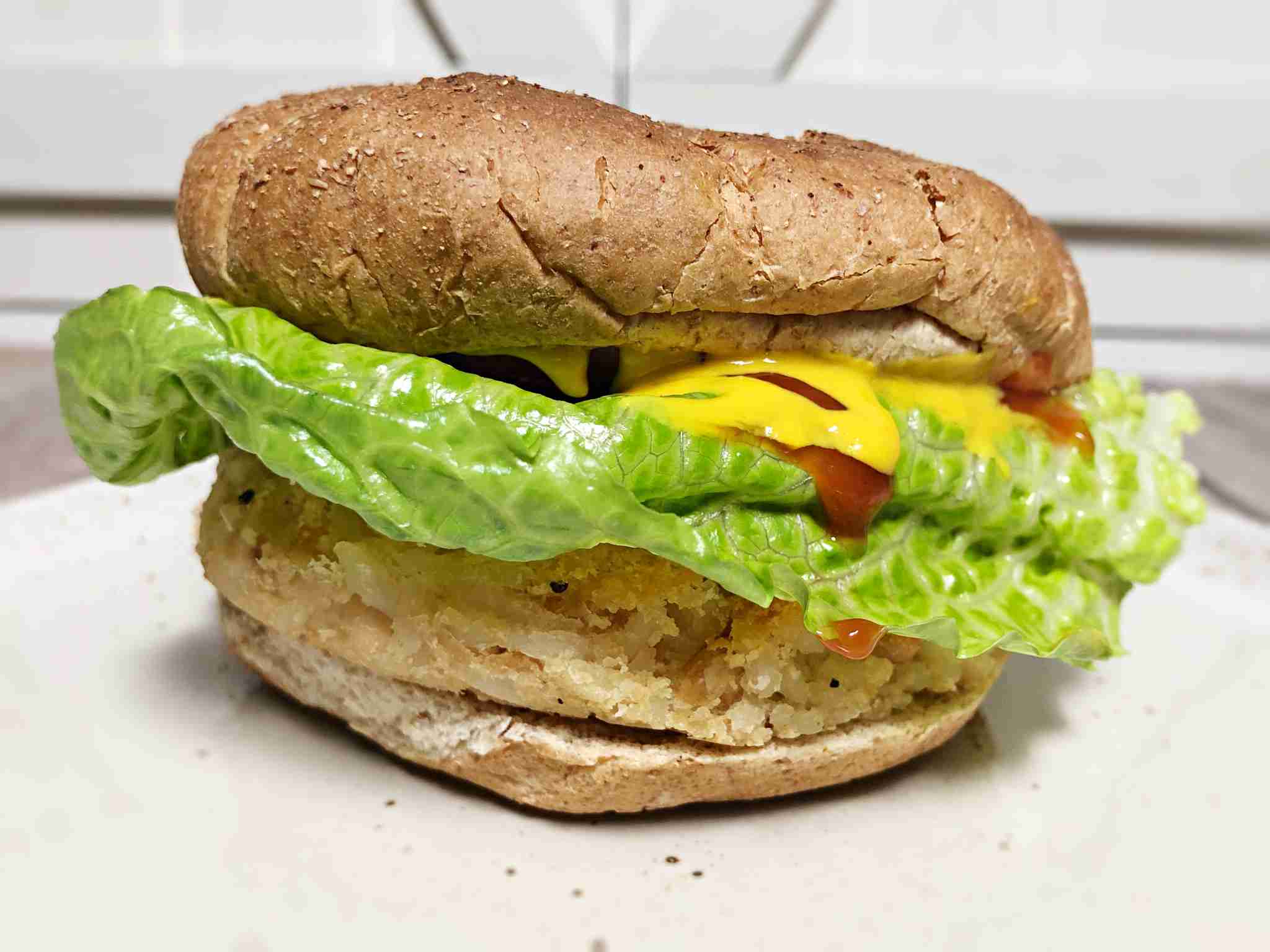
Bean Burger (Vegan)

Grilled Vegetable Balsamic Sandwich (Lacto-Ovo-Vegetarian)
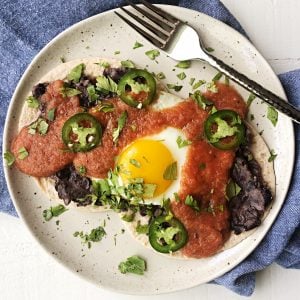
Huevos Ranchers (Ovo-vegetarian)

Sardines and Roasted Tomatoes on Toast (Pescatarian)
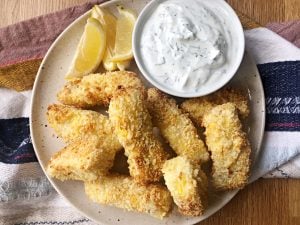
Air-Fried Cod Nuggets (Pescatarian)
Dinner Recipes for Vegans and Vegetarians:
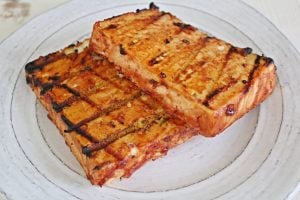
BBQ Tofu (Vegan)
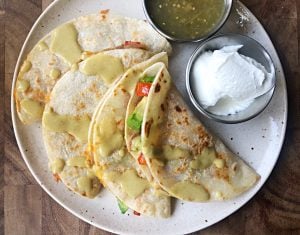
Refried Bean and Avocado Quesadilla (Lacto- vegetarian)

Buffalo Cauliflower (Lacto-vegetarian)

Crispy Rainbow Trout (Pescatarian)
Is a Vegetarian or Vegan diet right for you?
How can you make sure that you are getting the proper nutrition? Micronutrient testing is one of the ways that can certainly help you evaluate your nutritional needs and/or meeting with a registered dietitian. Learn more about vitamin and mineral testing.
When considering a major lifestyle change, such as adopting a vegan and vegetarian diet, we encourage all of our clients to think about the sustainability of their changes and of course of the motivation behind it. It is important to note that going vegetarian or vegan for the goal of weight loss can be a slippery slope, and can lead to deficiencies in both energy intake and other nutrients. If you choose a vegan diet, it is important to make sure that you are able to get adequate nutrition with these changes to your diet.
If you are worried about a loved one meeting the requirements for energy intake (calories), protein, or vitamins and minerals it is best to have an evaluation with a registered dietitian, and they can help you incorporate a more healthful vegetarian or vegan intake into your lifestyle. Find out more about meeting with an RD here.
–Blog contributions by Alejandra Vargas
Rebecca Bitzer loves to empower Registered Dietitian Nutritionists (RDNs) and their clients. Co-author of Welcome to the Rebelution: Seven steps to the nutrition counseling practice of your dreams and Taste the Sweet Rebellion: Rebel against dieting.



